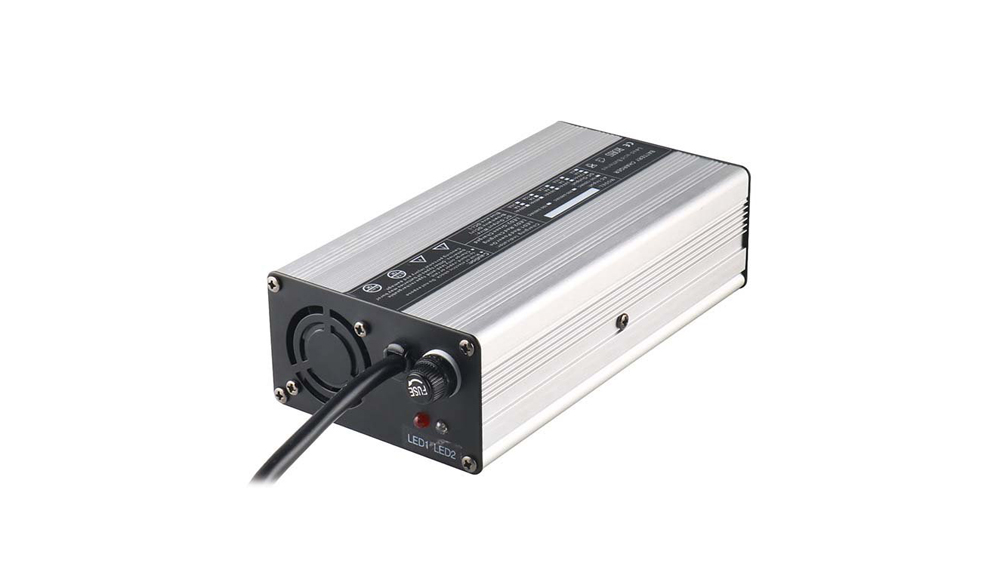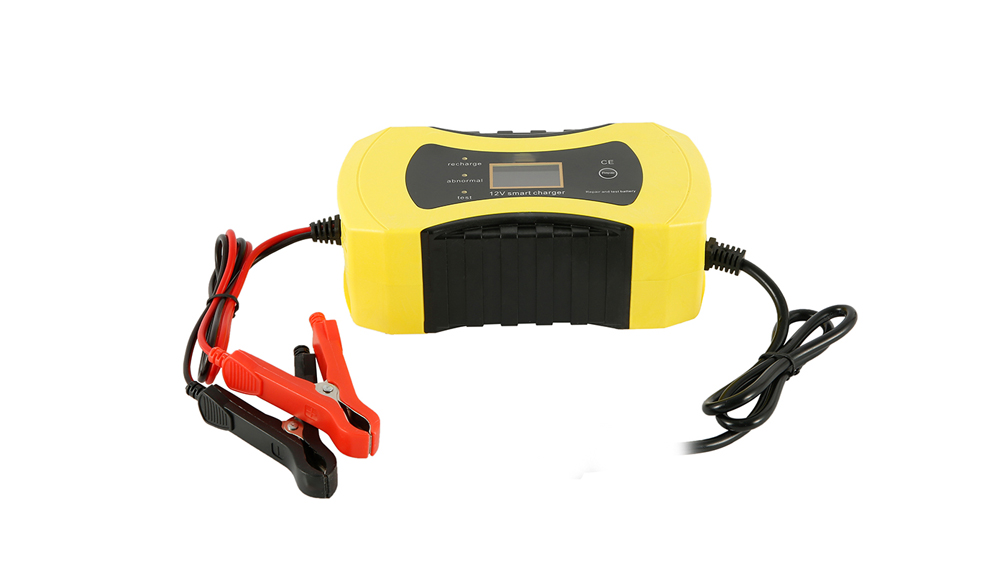Typically, a straight Lithium 12-volt battery will not register as 12 volts. When a LiFePO4 lithium battery is fully charged to 100%, it will usually read around 13.3-13.4 volts, while its lead acid equivalent will be approximately 12.6-12.7 volts. If the lithium battery is at 20% capacity, its voltage will be around 13 volts, whereas the lead acid battery at the same capacity will be about 11.8 volts. This shows that lithium batteries have a very narrow voltage range, with less than 0.5 volts difference over 80% capacity.
A portable car battery charger for lithium batteries is designed to limit voltage and shares some similarities with the lead acid system. However, there are distinct differences with Li-ion, including a higher voltage per cell, more precise voltage tolerances, and no trickle or float charge at full charge. Unlike lead acid batteries, LiFePO4 cells require a very precise voltage cut-off, as overcharging can cause them to catch fire and burn intensely due to the oxygen released during chemical breakdown. LiFePO4 manufacturers strictly adhere to the correct voltage setting to prevent overcharging.

Contemporary Lithium batteries designed for use in cars and caravans contain costly built-in electronics that can adjust for these charging discrepancies. However, it is crucial to confirm that this feature is present before utilizing a portable car battery charger for lead acid batteries.
Computers powered by lithium batteries have mechanisms in place either in the charger or the laptop itself to regulate the charging process. It is imperative to utilize the precise and accurate charging voltage required by the battery to prevent damage.
Below is an explanation of the distinctions between a portable car battery charger designed for lead acid batteries and one with a Lithium-specific profile, along with their respective implications:
Compared to a lead acid profile, a Lithium charge profile generally employs a slightly higher charge voltage and a more extensive constant voltage phase toward the end of the charge cycle. These modifications allow Lithium batteries to attain a complete 100% State of Charge, which a lead acid profile may not be able to achieve. However, a lead acid profile can still come close, reaching approximately 95% or higher.
Studies suggest that you can increase the lifespan of Lithium batteries by avoiding charging them to 100%. However, this effect is only significant when the batteries are charged to less than 80%. When the batteries are charged between 80% to 100% State of Charge (SOC), there is little noticeable variance in battery life.

The charging profiles exhibit dissimilar “return to boost” characteristics. Once the charger finishes its complete charging cycle, which involves transitioning from the absorption phase to the float stage, it starts monitoring the battery voltage to determine when to revert to the boost/bulk charge mode and initiate a new charging cycle.
The problem is that lead acid batteries adopt a 3 stage charging mode. And the majority of portable car battery charger wait for the voltage to decrease excessively before restarting the charging cycle. This occurs because the resting voltage of a lead acid battery is lower than that of a Lithium battery.
Consequently, the charging state of lithium batteries may already be considerably reduced before a portable car battery charger resumes a complete bulk charge. Conversely, a Lithium-specific charger initiates recharging of the Lithium battery much earlier.
Although a portable car battery charger will eventually return to a full charge cycle, it is possible that your battery may not have undergone significant changes yet, even when it is expected to be fully charged. When charging from solar, this could lead to wasted energy that could have been utilized to top up the batteries. This may happen because the lead acid charge profile of the solar controller may not have detected that the batteries require charging.
About Power1986
Power1986 is a professional manufacturer and supplier of high quality and price competitive portable car battery chargers for lead acid batteries and lithium-ion batteries. Here you can find car battery chargers for different battery types and specifications. We also provide customized production services for our products. Contact Us to get more information.

10 Responses
I congratulate, this idea is necessary just by the way
Yes, thanks! Interested in our products? Welcome to take a look at them at https://power1986.com/product-category/car-battery-chargers/.
Idea excellent, it agree with you.
Thanks! Do you need a car battery charger? We have a range of car battery chargers and others. Contact us if you want any of them!
Excuse, I have thought and have removed the idea
Hi, thanks for your comment! But can you tell me what idea you have removed?
And indefinitely it is not far
Hi, thanks for your comment! I am sorry but it seems that I have not got what you mean. Can you tell me with more details?
In it something is also I think, what is it good idea.
Yes, thanks! Glad you like it. Stay tuned with us with more articles or our products that you may also like.